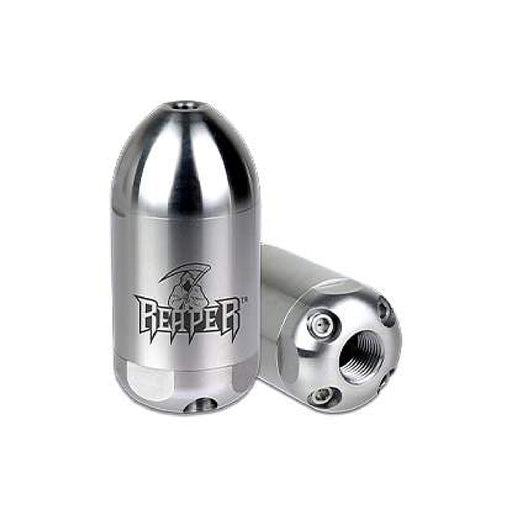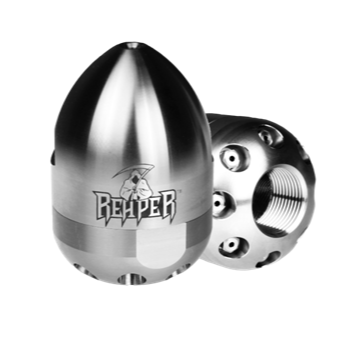Category
How do I choose the right type of sewer nozzle for the jetting job?
- Penetrator nozzles for cutting through blockages
- Flusher nozzles for bringing debris back towards you (if you’re jetting from a clean out or manhole)
- Pusher nozzles for moving debris downstream
- Rotary nozzles for 360° cleaning of pipe wall which is generally
ideal for roots and grease.
How long should it take to clear a typical residential blockage?
Usually 15–45 minutes, depending on blockage type, pipe length, and access points.
How do I maximize the cleaning power without damaging the pipe?
Ideally inspect all pipes with a camera prior to jetting to determine if there are any breaks or cracks in the pipe. That would indicate a weak point and would require you to use less pressure of around 1000-2000PSI, which just enough to get it flowing. Most often this is seen when prepping a pipe to be relined.
When should I use rotating nozzles versus fixed nozzles?
Rotating nozzles are for 360 degree cleaning of the pipe and best suited for pipes with roots or grease. Fixed nozzles are a more cost effective option for penetrating and breaking up debris, but may leave streaks in the pipe. Fixed nozzles are a good option for pipes with unknown blockages as they are a lower price nozzle to potentially lose or get stuck.
Can I use recycled water in the jetting unit?
Yes, as long it is filtered to remove grit and solids; otherwise, pump and nozzle wear will increase significantly. With US Jetting pumps, using brackish water is also acceptable. If using brackish water, check filters regularly (more frequently than if using fresh water).
What causes premature wear of jetting nozzles?
Using dirty or unfiltered water, running with undersized nozzles, or extended
operation in abrasive conditions. Clean nozzles after every use to maximize life span. Be sure to use the correct tip cleaners – ceramic jets require a special ceramic jet cleaner, while the others can use standard steel tip cleaners.
How do I document and prove a line has been properly cleaned for a client?
Use a drain inspection camera before and after cleaning. Provide recorded video or still images with your report.
How do I prevent damage to pipes when jetting?
Know the pipe material and condition prior to jetting which may require putting a
camera down the line. Do not use chain flail nozzles in clay pipes as it will damage the pipes. Reduce pressure for older or fragile pipes. Keep the nozzle moving to avoid focusing pressure in one spot.



